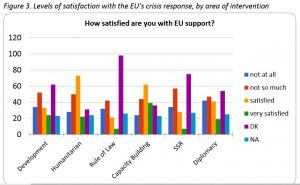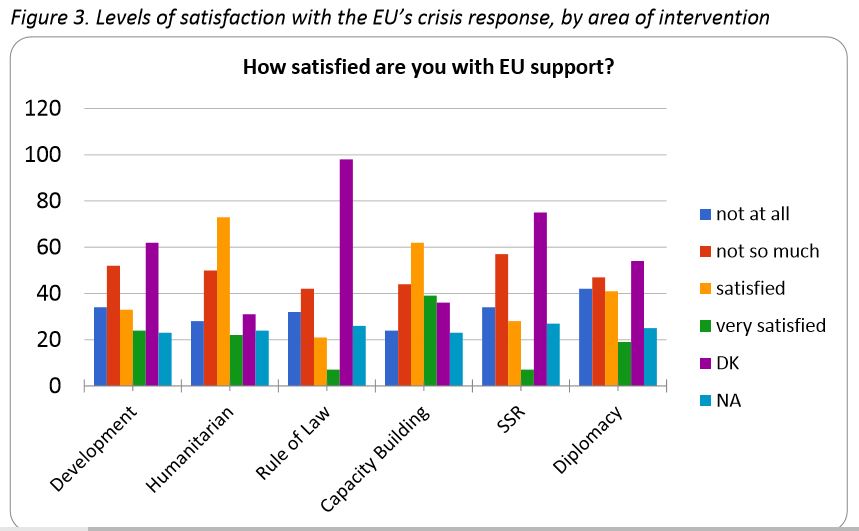By Sami Zaptia.

London, 3 October 2017:
A study by EUNPACK, www.eunpack.eu authored by Chiara Loschi and Luca Raineri, on the perceptions of the EU’s crisis response in Libya has concluded that EU crisis response in Libya should pay greater attention to security sector reform (SSR) as a pillar of crisis response in Libya.
EUNPACK says that it aims to further understanding of whether the EU may or may not be capable, and why, of successfully advancing its tool box of facilitating the management of conflict in its immediate and extended neighbourhood.
It says that it is formed of a consortium of 13 researchers with a special competence on the EU and specialists on peace and conflict studies within different sectors and/or regions from Norway, UK, Germany, Belgium, Slovakia, Italy, Serbia, Kosovo, Ukraine, Tunisia, Mali, Afghanistan and Iraq. Notably, Libya is not represented.
The report, which discusses the perceptions of those who have been exposed to the EU’s responses to the crisis unfolding in Libya, also recommended that the EU should also avoid undermining the positive image of the its humanitarian commitment by its engagement in contradictory policies.
The 16-page report concluded that within the EU’s approach to crisis management, it is crucial to consider the point of view of all stakeholders to ensure that the crisis response is in line with European commitments towards local ownership and conflict sensitivity.
The study, based on the results of a survey completed in the summer of 2017 by 228 respondents, highlights, on the one hand, that while the EU is the most widely-known international actor involved in crisis response in Libya, the impact of its initiatives is less visible, thereby prompting a certain degree of dissatisfaction, if not of scepticism.
This reaction, the report says, is particularly pronounced among ethnic minorities living in peripheral regions. On the other hand, the EU is particularly praised for its initiatives in the fields of humanitarian assistance and capacity building, targeting most notably the most vulnerable social groups.
To ensure that the EU’s crisis response in Libya achieves the highest degree of conflict sensitivity, appropriateness and effectiveness, the study concluded that the EU should:
- Pay greater attention to security sector reform (SSR) as a pillar of crisis response in Libya.
- Avoid undermining the positive image of the EU’s humanitarian commitment by engaging in contradictory policies.
- Ensure that crisis-response initiatives are coherent with the needs of all Libyan social groups, including ethnic minorities.
- Improve the monitoring and evaluation of its crisis response towards achieving its stated goals.
- Invest more resources in conflict-sensitive crisis response.
See for the full report:






